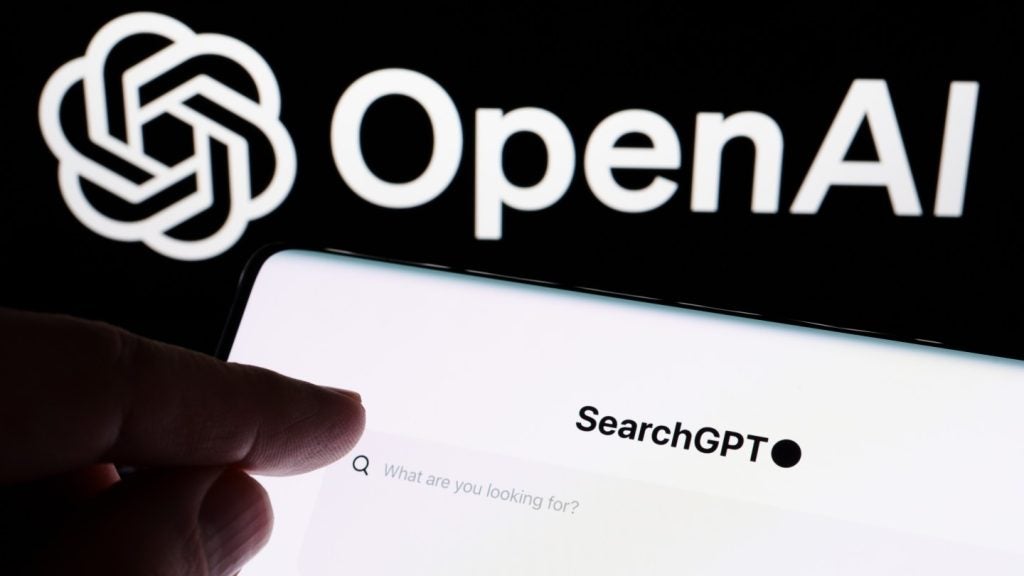
The European Commission (EC) has said it plans to pump €1.5 billion into artificial intelligence research by 2020 as it tries to catch up China and the US, 70% more than it currently does.
As well as throwing money at the problem, the European Union (EU) has said it plans to put ethics at the heart of its AI strategy.
In its so-called Charter on AI Ethics the EC said it wants to clarify how to preserve fundamental rights as AI become more common. The EC said it will work with EU member states to have a “coordinated plan on AI by the end of the year”.
AI is widely expected to mean big changes for sectors including healthcare, transport, manufacturing and agriculture.
Andrus Ansip, vice-president of the EC, said:
Just as the steam engine and electricity did in the past, AI is transforming our world. It presents new challenges that Europe should meet together in order for AI to succeed and work for everyone. We need to invest at least €20 billion by the end of 2020.
The Commission is playing its part: today, we are giving a boost to researchers so that they can develop the next generation of AI technologies and applications, and to companies, so that they can embrace and incorporate them.
Speaking at the report’s press conference, Ansip distanced the EC from proposals that could give the most advanced robots the legal status of person-hood.
I don’t think it will happen. I don’t think my vacuum cleaner has to get human rights.
In October last year, Saudi Arabia became the first country to give a robot citizenship, in an attempt to promote Saudi Arabia as a place to develop artificial intelligence – and, presumably, allow it to become a full citizen.
Earlier this month the UK’s House of Lords urged the government to become an ethical leader in the AI world and recommending the responsibility of regulating AI systems should fall to existing regulators such as Ofcom, Ofgem and the Information Commissioner’s Office (ICO).
Meanwhile, in March French President Emmanuel Macron announced the country would invest €1.5 billion into AI research over the next four years.
In a speech Macron said:
We have to be in a position to build, in France and in Europe, an artificial intelligence ecosystem. We should have a policy of open data and have to think on the subject from a political and ethical point of view … to come up with a common understanding and rules.
Elsewhere, France is working with Germany on the so-called Jedi collective, a research institute devoted to technological innovation.







